Vishwesh Sangarya
RESQUE: Quantifying Estimator to Task and Distribution Shift for Sustainable Model Reusability
Dec 20, 2024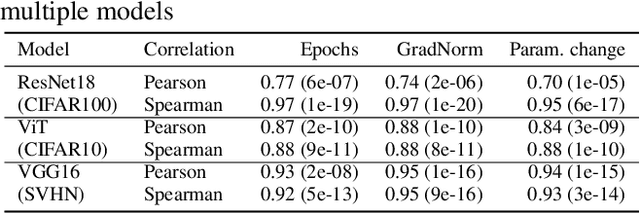

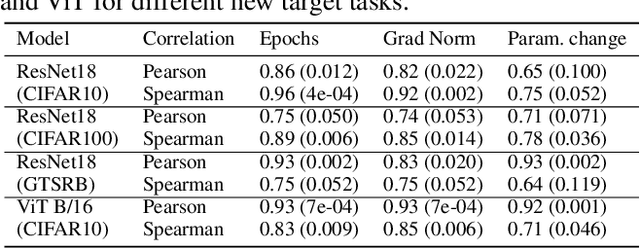
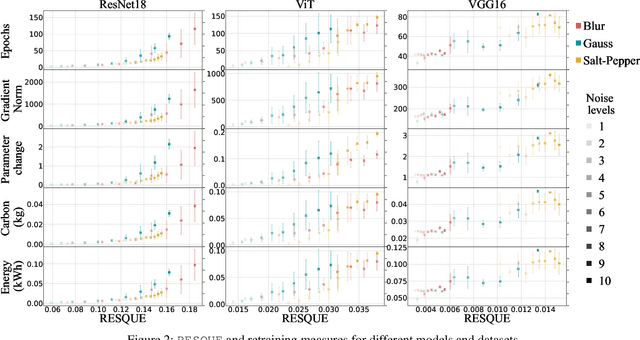
Abstract:As a strategy for sustainability of deep learning, reusing an existing model by retraining it rather than training a new model from scratch is critical. In this paper, we propose REpresentation Shift QUantifying Estimator (RESQUE), a predictive quantifier to estimate the retraining cost of a model to distributional shifts or change of tasks. It provides a single concise index for an estimate of resources required for retraining the model. Through extensive experiments, we show that RESQUE has a strong correlation with various retraining measures. Our results validate that RESQUE is an effective indicator in terms of epochs, gradient norms, changes of parameter magnitude, energy, and carbon emissions. These measures align well with RESQUE for new tasks, multiple noise types, and varying noise intensities. As a result, RESQUE enables users to make informed decisions for retraining to different tasks/distribution shifts and determine the most cost-effective and sustainable option, allowing for the reuse of a model with a much smaller footprint in the environment. The code for this work is available here: https://github.com/JEKimLab/AAAI2025RESQUE
Estimating Environmental Cost Throughout Model's Adaptive Life Cycle
Jul 23, 2024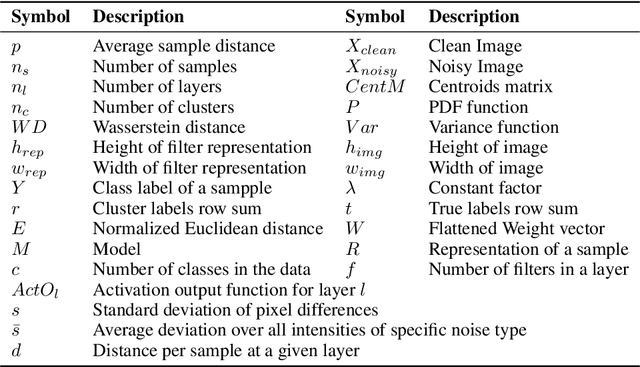


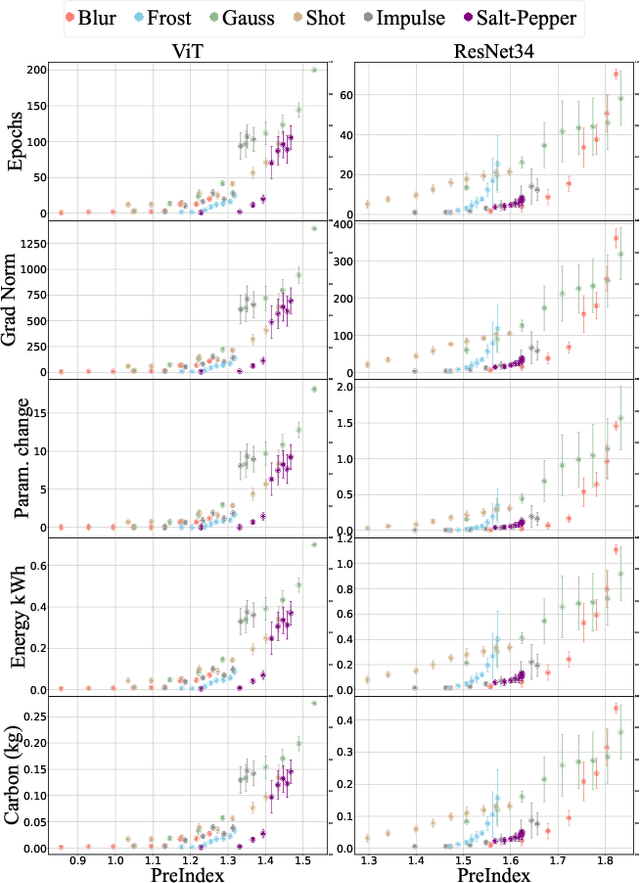
Abstract:With the rapid increase in the research, development, and application of neural networks in the current era, there is a proportional increase in the energy needed to train and use models. Crucially, this is accompanied by the increase in carbon emissions into the environment. A sustainable and socially beneficial approach to reducing the carbon footprint and rising energy demands associated with the modern age of AI/deep learning is the adaptive and continuous reuse of models with regard to changes in the environment of model deployment or variations/changes in the input data. In this paper, we propose PreIndex, a predictive index to estimate the environmental and compute resources associated with model retraining to distributional shifts in data. PreIndex can be used to estimate environmental costs such as carbon emissions and energy usage when retraining from current data distribution to new data distribution. It also correlates with and can be used to estimate other resource indicators associated with deep learning, such as epochs, gradient norm, and magnitude of model parameter change. PreIndex requires only one forward pass of the data, following which it provides a single concise value to estimate resources associated with retraining to the new distribution shifted data. We show that PreIndex can be reliably used across various datasets, model architectures, different types, and intensities of distribution shifts. Thus, PreIndex enables users to make informed decisions for retraining to different distribution shifts and determine the most cost-effective and sustainable option, allowing for the reuse of a model with a much smaller footprint in the environment. The code for this work is available here: https://github.com/JEKimLab/AIES2024PreIndex
Aggregate Representation Measure for Predictive Model Reusability
May 15, 2024



Abstract:In this paper, we propose a predictive quantifier to estimate the retraining cost of a trained model in distribution shifts. The proposed Aggregated Representation Measure (ARM) quantifies the change in the model's representation from the old to new data distribution. It provides, before actually retraining the model, a single concise index of resources - epochs, energy, and carbon emissions - required for the retraining. This enables reuse of a model with a much lower cost than training a new model from scratch. The experimental results indicate that ARM reasonably predicts retraining costs for varying noise intensities and enables comparisons among multiple model architectures to determine the most cost-effective and sustainable option.
 Add to Chrome
Add to Chrome Add to Firefox
Add to Firefox Add to Edge
Add to Edge